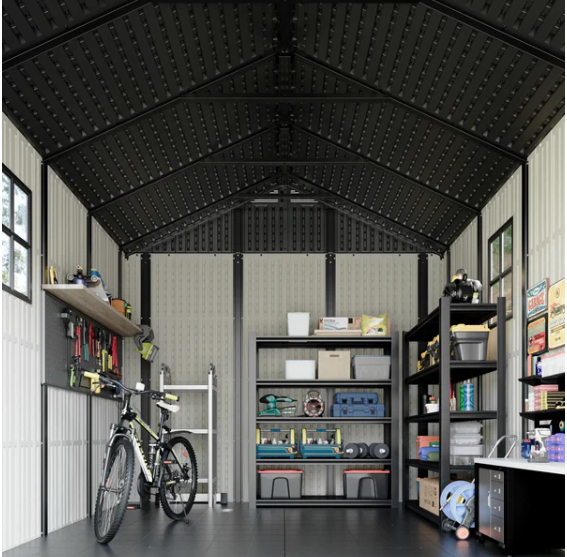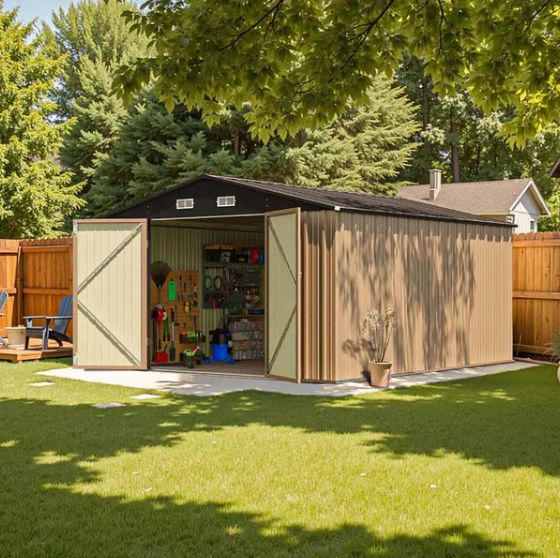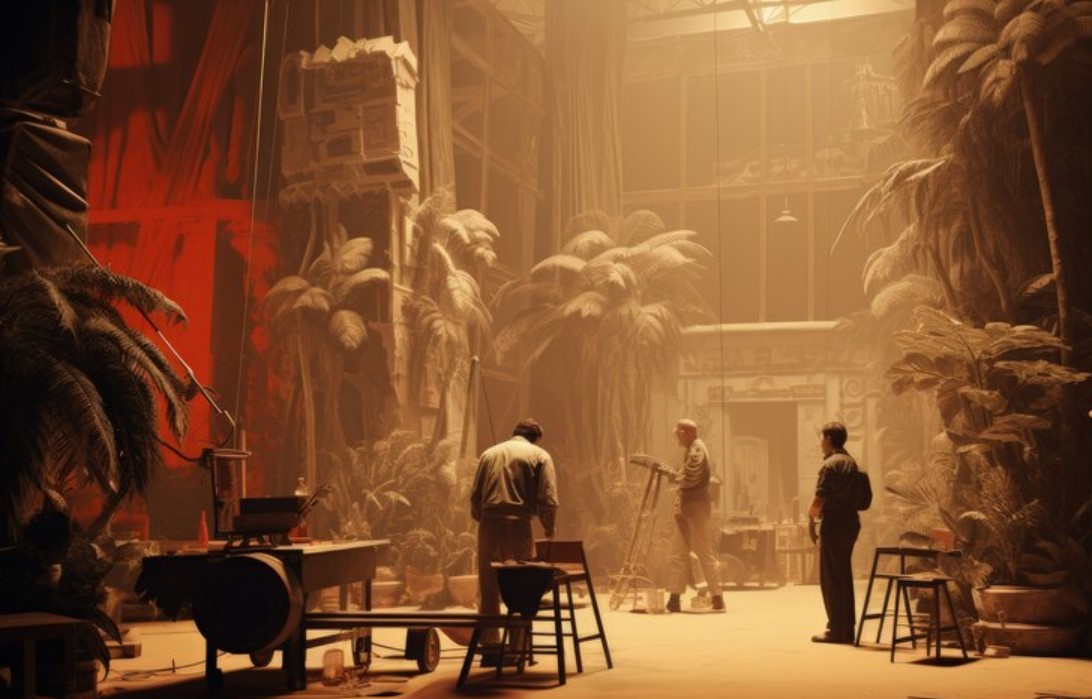Sheds are a fantastic solution for backyard storage — perfect for tools, lawnmowers, bicycles, and gardening supplies. But while they provide extra space and protect your belongings from the elements, not everything belongs in a shed. Whether you own a small garden unit or a spacious 8×10 shed, knowing what not to store inside can save you from damage, danger, or even legal trouble.
In this article, we’ll explore ten items that should never be kept in your shed — and why.
- Paint and Chemicals
Paint, solvents, and household cleaners may seem like common shed items, but they’re sensitive to temperature changes. Extreme heat or cold can cause these liquids to separate, freeze, or even become flammable. Always store them in a temperature-controlled environment.
- Food and Pet Supplies
Sheds are not pest-proof. Storing food, birdseed, or pet kibble inside can attract rats, insects, and raccoons. Even sealed containers are not always safe. Keep these items indoors or in airtight bins stored in your garage.
- Electronics and Appliances
Humidity, dust, and temperature fluctuations make sheds a poor environment for storing TVs, old computers, stereo systems, or kitchen appliances. Moisture can corrode internal components and render electronics useless.

- Important Documents and Photographs
Your shed isn’t the place for family albums, legal papers, or anything sentimental. Paper-based items can easily become damp, moldy, or chewed by pests. Opt for indoor, dry storage or digital backups.
- Clothing and Bedding
Thinking about stashing seasonal clothes or spare blankets in your shed? Think again. Fabric items are vulnerable to mildew, moths, and mice. Your shed isn’t climate-controlled — opt for under-bed bins or closet storage instead.
- Valuable Tools or Equipment
Even if you have a lock on your shed, most are easier to break into than homes. Storing expensive tools, generators, or power washers might make your shed a target for theft. Keep high-value equipment in more secure locations.
- Musical Instruments
Like electronics, musical instruments such as guitars, drums, or violins can warp or crack due to moisture and fluctuating temperatures. Wooden and string instruments especially require stable environments to stay in tune and maintain value.
- Wine or Beverages
It might sound like a clever idea to create a mini bar in your shed, but wine and beer are highly sensitive to temperature shifts. Exposure to heat and light can ruin flavor and fermentation, and in some cases, cause containers to burst.
- Flammable Items (Propane, Gasoline, etc.)
Storing propane tanks, lighter fluid, or gas cans in a non-ventilated space like a shed is a safety hazard. These materials should be kept in specially designed, ventilated storage areas away from direct sunlight.
- Plants or Seedlings
While a shed may seem like a mini greenhouse, it usually lacks proper light, ventilation, and moisture control for plant growth. Sheds can become stiflingly hot or icy cold depending on the season, not ideal conditions for living plants.
Choosing the Right Shed Still Matters
While it’s essential to know what not to store, choosing the right shed makes a big difference in how safe and organized your storage can be. If you’re in the market for durable, weather-resistant, and low-maintenance options, explore plastic sheds for sale. They’re especially great for storing tools, bikes, garden supplies, and more — just be mindful of what you put inside.
Final Thoughts
Sheds are a versatile addition to any backyard, but they aren’t all-purpose storage units. From temperature-sensitive items to valuables and flammable materials, knowing what to avoid storing can help you make the most of your outdoor space, safely and smartly.
Looking to upgrade your current shed? Check out Patiowell’s collection, including the spacious and reliable 8×10 shed — perfect for outdoor storage with style and strength.




